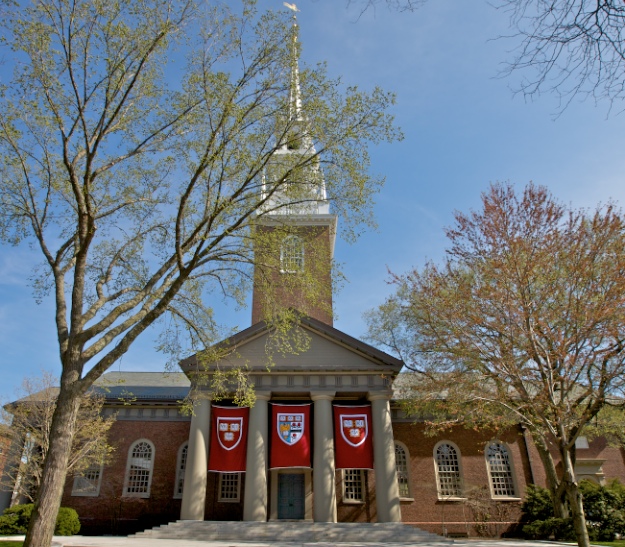At Samizdata, Niall Kilmartin explains some of the unintended consequences of Harvard’s consciously racist admission policies:
1) Harvard invites students to attend a university – one of the halls of academia. By presenting itself as elite, it invites its students to think that academic ability, academic ways of thinking, are hallmarks (the hallmarks!) of an elite.
2) Having implied the importance of academic talent in overt and subtle ways, Harvard creates an artificial racial reality: it selects its asian-american students to average 140 Scholastic Aptitude Test points more that its white-american students. It selects its white-american students to average 130 SAT points more than its hispanic-american students. And it selects its african-american students to average 180 SAT points less than its hispanics, 310 SAT points less than its whites and 450 SAT points less than its asians.*
Thus Harvard gives members of each of these easily-distinguishable racial groups the routine experience of encountering a consistent, marked discrepancy between their group and other groups in precisely the area that the whole essence of being at Harvard implies is important, not just for gaining some academic degree but for being worthy to decide on politics, social mores, life in general. Day by day, the experience of being at Harvard teaches its students that, in the quality that matters, asians are typically superior, whites are typically normal, hispanics are typically inferior and blacks even more so. Harvard is a university – a pillar of academia, a place that implies academic is everything – and they chose the racial mix of their students to incarnate academic racial inequality.
3) Harvard also teaches that it is the most appalling sin, unspeakably evil and harshly-punished even when the evidence is slight or non-existent, for any student ever to refer in the slightest, most micro, most indirect way to this routinely-experienced reality that Harvard admissions has created. Students must not in any way betray that they have noticed any aspect or even distant side-effect of the artificial reality Harvard has created for them – and this of course compounds the artificiality of the Harvard reality.
So my question is: what does this experience in fact teach Harvard students?




